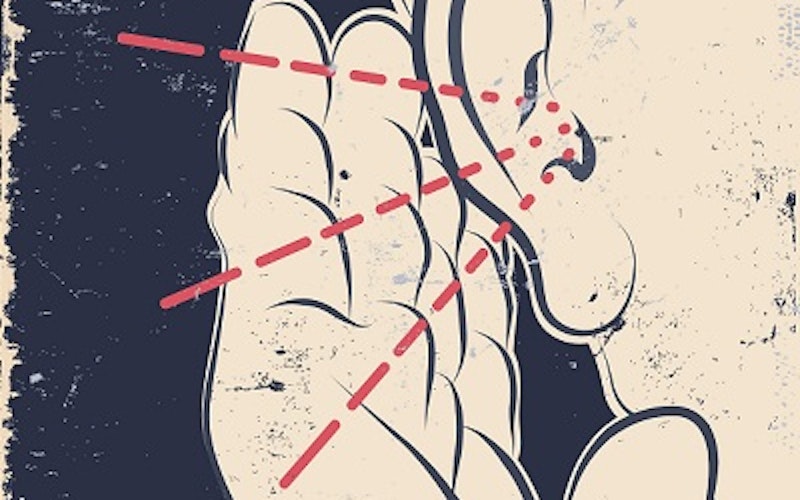
Online
Breaking out of online echo chambers
A recent study by Facebook shows that its users are still in contact with those they disagree with! This is somewhat surprising news, because many have been concerned that social networking would lead to people isolating themselves in ideologically self-reinforcing communities, cut off from intelligent disagreement. This could lead to further polarization in discussions of all sorts of important issues. Luckily, apparently this phenomena, dubbed echo chambers, is not as widespread as some had feared.
That's an encouraging trend, one that is hopefully also taking place in Christian circles. Echo chambers are a serious concern for Christians because intellectual diversity challenges our frail human ideas. Because we are a people peculiarly concerned with truth and aware of our own frailty, it is crucial we are in situations which can challenge our assumptions. As famed New Testament scholar N.T. Wright has noted, we are probably wrong about a third of the things we believe. Unfortunately, we don’t know which third of our beliefs are wrong.
We need each other. We need people who disagree with us, to challenge our ideas so we can allow the chaff to fall. We like to think we have each come to our conclusions about hotly debated topics through careful consideration and weighing the evidence, but of course this is not always true. In fact, many of our ideas have been inherited from our community, or we’ve heard half of a debate and seen the wisdom in one position without deeply hearing the other side. We all do this. It’s nothing to be ashamed of, but it is something to be struggled against.
Recently I was in a service where German theologian Jürgen Moltmann was mentioned. Moltmann was first in a group of theologians known as the Theologians of Hope. He holds a few ideas a conservative evangelical might disagree with, so it is understandable that the minister would disagree with Moltmann. However, the pastor did this by connecting Moltmann, the Theologian of Hope, to “a certain politician we all know.” All the minister needed was to connect Moltmann’s nickname to a rhetorical term used by a despised politician, and everyone knew we weren’t supposed to like him. Unfortunately, this rhetoric led us towards despising hope, one of the three highest values in our faith. This didn’t clarify what the pastor dislikes about Barack Obama, the politician in question. Further, the actual areas in which the minister disagrees with Moltmann, none of which are related to his nickname, were obscured in the process. The congregation was actually more ignorant after these comments than before them.
Echo chambers are a serious concern for Christians because intellectual diversity challenges our frail human ideas.
We can begin fighting echo chambers by guarding our too-hard hearts from ourselves. Too often those we disagree with (the Left, the Right) become a faceless other, a moron to be dismissed at every opportunity. We respond with slogans designed to silence. We become like the minister discussing Obama. We can’t continue to disregard people and ideas with scare-words. We exaggerate difference, minimize similarity and in so doing turn neighbors into enemies. We need to see that our rhetoric divides us from people who are not all that different.
In acting this way we deny our own frailty, our own ignorance.
While we would be quick to insist we don’t know everything, too often our actions call us a liar. Too often we act like people who know what is best and have nothing to learn from those we disagree with. When we act as if we already believe the best ideas, we assume the ignorance of the Other. In assuming their ignorance, we deny that they too are made in the image of God with wisdom and intelligence.
In the end, it is inevitable we will disagree with some of those we dialogue with, but genuine listening will probably surprise us with unpredicted areas of commonality, or even ideas superior to those we held at the beginning of a conversation. Some recoil at this suggestion, afraid it will devolve into an “I’m OK, you’re OK” denial of disagreement. That is not what I’m suggesting. Too often we allow this bogeyman to prevent us from meeting with the Other at all. We must be aware of what we believe, yet respectful enough of others to risk being deeply challenged. In any conversation, we might be unchanged. On the other hand, we might be better.
Topics: Online, Culture At Large, Science & Technology, News & Politics, Social Trends